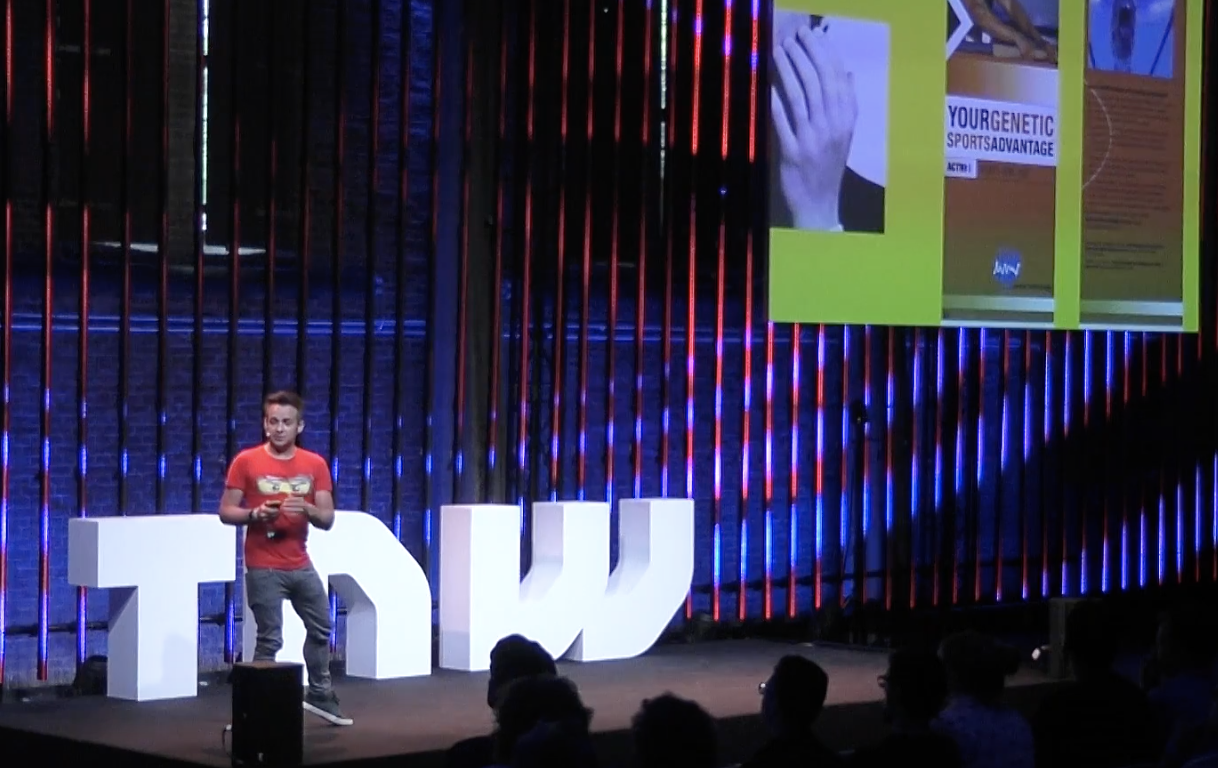
Make it stand out
What’s been happening?

The BioDigital Athlete #TNW2018

Visionarios: El mundo en 2050

Congress of Brilliant Minds

Creative Futures: The Rise of Biocultural Capital
Human Enhancement Technologies @ Swiss Re Centre for Global Dialogue

TEDx Warwick

Neohumanitas #bioethics

Bioethics and the Future of Sport
Design for Evolution

Wasted Debates

Would life be better without death?

Values and Ethics for the 21st Century
Design for Evolution
Bioart is changing the world

